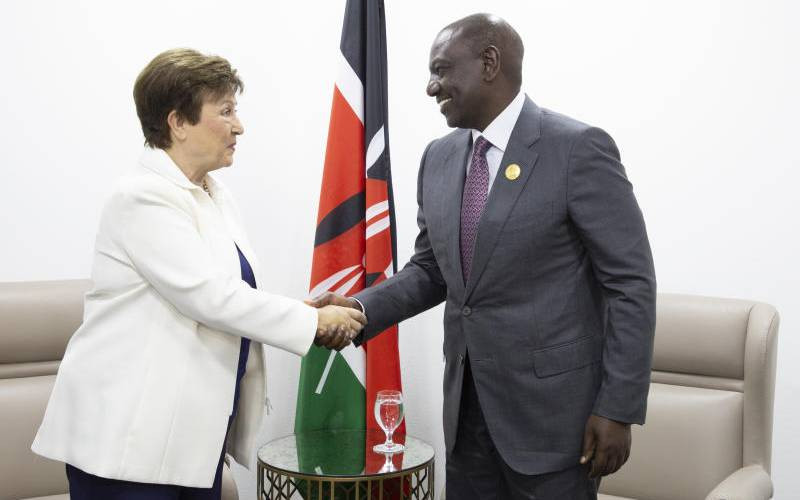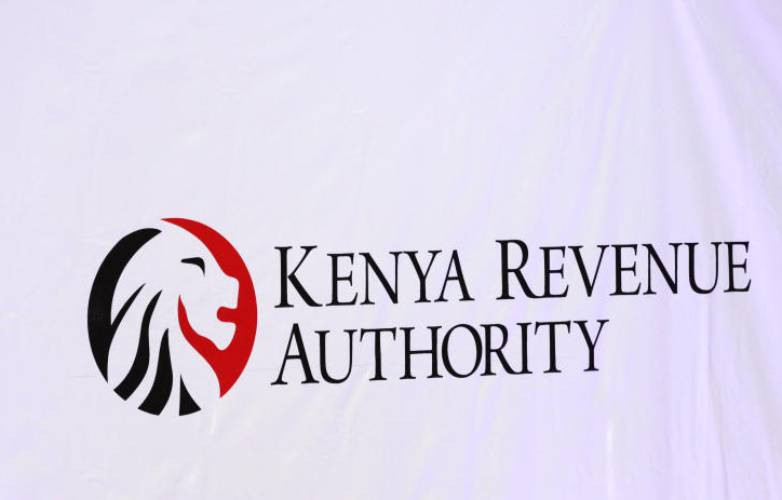
The newly reorganised Ruto government faces a fresh fiscal and political test after the International Monetary Fund (IMF) called on the Kenya Kwanza administration to develop new tax policies to unlock billions of dollars in loans.
The fresh call comes in the wake of recent turmoil, including widespread protests led by Gen Z activists against IMF-backed tax measures that resulted in dozens being killed by police.
An IMF high-level team from Washington led by Haimanot Teferra concluded a key visit to Nairobi from September 11 to 16 and emphasised the urgent need for new policies by the government amid the country’s evolving economic and fiscal challenges.
Ms Teferra in a statement issued following the visit highlighted the importance of the discussions.
“The Kenyan authorities and IMF staff had productive discussions focused on crafting policies and reforms necessary to navigate the evolving economic landscape,” she said.
- Ruto remains mute as healthcare crisis worsens
- Government calls on KMPDU to end strike
- Ruto meets KMPDU officials, promises lasting solutions to end industrial strikes
- Ruto forms a 20-member team to audit healthcare resources
Keep Reading
The IMF’s insistence on new tax policies is particularly pressing following the rejection of the controversial Finance Bill, 2024 by Kenyans.
The dropped bill aimed at increasing taxes to meet IMF conditions but faced fierce opposition from Kenyans already burdened by economic hardships.
The protests that subsequently erupted revealed deep-seated frustrations among young Kenyans, popularly known as Gen Z, exacerbating an already volatile situation.
In light of the upheaval, President William Ruto appointed a new finance minister, John Mbadi, signalling a potential shift in fiscal strategy.
Mbadi will be tasked with navigating the complex landscape of public sentiment while working to align the government’s policies with IMF expectations.
This will be a fresh test for President Ruto, who has faced mounting pressure to deliver on economic promises amid rising discontent.
Despite the IMF team’s constructive discussions, no new funding was announced following the Nairobi meeting.
Instead, the IMF reiterated its commitment to supporting Kenya in identifying and implementing effective policy reforms.
“We remain fully committed to supporting the authorities in their efforts to establish a framework that will facilitate the completion of reviews under the ongoing programme as soon as feasible,” Teferra stated.
The lack of immediate financial assistance seems to indicate the IMF's stance that new policies are a prerequisite for any future funding.
The government must now navigate not only the technical aspects of tax reform but also the political ramifications of their decisions, especially in light of the recent protests and loss of life.
As Kenya grapples with rising debt and a struggling economy, the crafting of new tax policies is seen as crucial to restoring investor confidence and unlocking the promised IMF funds.
Already the embattled Ruto government recently revealed a new proposal to reduce contentious taxes, offering potential relief to hard-pressed Kenyans while raising concerns about public debt management.
Mbadi recently announced plans to cut value-added tax from 16 per cent to 14 per cent, decrease corporation tax from 30 per cent to 25 per cent, and lower pay-as-you-earn rates.
This proposal is part of the Treasury’s medium-term revenue strategy, which aims to improve tax administration, enhance compliance, and broaden the tax base.
“I will surprise you; in the medium term, we want to reduce tax rates. We are not looking at increasing taxes," the Treasury Cabinet Secretary said during the unveiling of the 2025-26 Budget preparation process in Nairobi.
While this plan might resonate well with Kenyans burdened by rising costs of living, analysts said it places Mbadi in a challenging position and a collision course with the IMF.
The new tax strategy could be a significant test for him, as it must balance immediate economic relief with the long-term sustainability of government finances, they said.
Experts argue that lowering taxes could stimulate economic growth and encourage compliance among taxpayers feeling the strain.
 The Standard Group Plc is a multi-media organization with investments in media platforms spanning newspaper print
operations, television, radio broadcasting, digital and online services. The Standard Group is recognized as a
leading multi-media house in Kenya with a key influence in matters of national and international interest.
The Standard Group Plc is a multi-media organization with investments in media platforms spanning newspaper print
operations, television, radio broadcasting, digital and online services. The Standard Group is recognized as a
leading multi-media house in Kenya with a key influence in matters of national and international interest.











